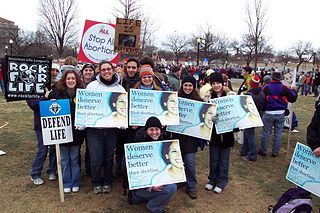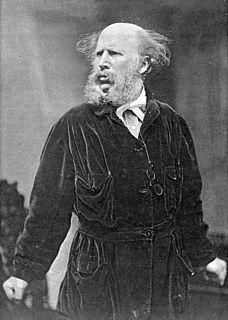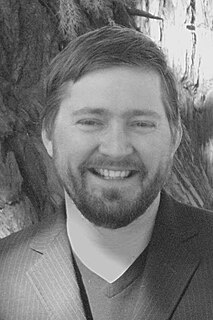In sociology, moral shock is a cognitive and emotional process that encourages participation. James M. Jasper, who originally coined the term, used it to help explain why people might join a social movement in the absence of pre-existing social ties with members. It denotes a kind of visceral unease, triggered by personal or public events, that captures people’s attention. Moral shocks often force people to articulate their moral intuitions. It is an appealing concept because it brings together emotional, moral, and cognitive dynamics. [1] According to David A. Snow and Sarah A. Soule, authors of “A Primer on Social Movements”, the moral shock argument says that some events may be so emotionally moving or morally reprehensible that individuals will feel that they must join the cause regardless of their connection or ties to members of that organization. [2] Moral shock is similar in many ways to shock advertising which uses analogous techniques to help increase brand success and awareness. Moral shocks have been shown to help recruit people to the animal rights movement, [3] the movement for peace in Central America, [4] anti-abortion campaigns [2] and anti-racist movements. [5]
James Macdonald Jasper is a writer and sociologist who has taught Ph.D. students at the Graduate Center of the City University of New York since 2007. He is best known for his research and theories about culture and politics, especially the cultural and emotional dimensions of protest movements.

A social movement is a type of group action. There is no single consensus definition of a social movement. They are large, sometimes informal, groupings of individuals or organizations which focus on specific political or social issues. In other words, they carry out, resist, or undo a social change. They provide a way of social change from the bottom within nations.
David A. Snow is a Distinguished Professor of Sociology at the University of California, Irvine.
Deborah Gould has suggested another role for moral shocks: radicalizing or reinforcing the commitment of those already active in a protest movement. She says that the 1986 Bowers v. Hardwick decision by the U.S. Supreme Court had this effect on the U.S. gay and lesbian rights movements. Hardwick told the lesbian and gay community that their own government supported their oppression. [6] Indignation at one’s own government can be especially moving, as it involves a sense of betrayal. Furthermore, violent repression of peaceful protest is thus a frequent source of moral shock.
Bowers v. Hardwick, 478 U.S. 186 (1986), is a United States Supreme Court decision that upheld, in a 5–4 ruling, the constitutionality of a Georgia sodomy law criminalizing oral and anal sex in private between consenting adults, in this case with respect to homosexual sodomy, though the law did not differentiate between homosexual sodomy and heterosexual sodomy. This case was overturned in 2003 in Lawrence v. Texas.
The impact of moral shock is illustrated in the film Unborn in the USA in which the ProLife on Campus organization is highlighted in its travels to college campuses across the country. Using a set of extremely large and graphic images of abortion and abortion procedures the group attempts to portray their anti-abortion messages on college campuses—targeting young people who they believe are particularly prone to getting involved. They believe the images are very effective ways to shine light on the truth of what abortion does to innocent children. Unless the public is made aware of this perceived injustice, it will never be able to end, according to statements on their website. The group’s slogan is “Winning Hearts…Changing Minds…and Saving Lives…” [7]
Unborn in the USA: Inside the War on Abortion is a 2007 documentary film featuring interviews with pro-life activists across the United States. Its tagline is, "How the pro-lifers are winning". The film was started as a thesis project by students Stephen Fell and Will Thompson of Rice University.
Brian Lowe suggests that moral shocks are especially likely when someone holds a sweeping movement ideology that takes the form of a “quasi-religion.” [8]





